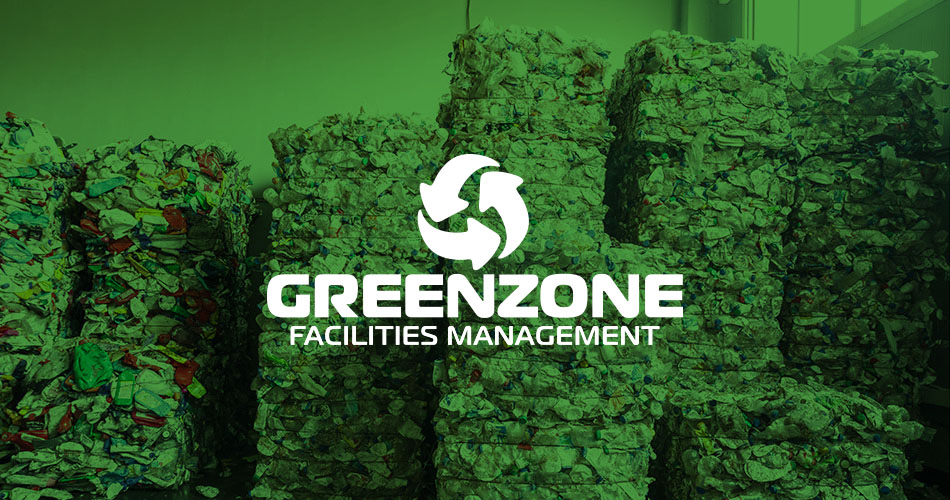Bring your own bottle
BYOB is not just for parties. Some supermarkets are encouraging customers to bring their own containers.
Morrisons and Tesco offer shoppers the option to have raw meat and fish weighed at the counter which can then be placed into their own containers. Tesco is also trialling in-store recycling machines which will pay customers for every plastic bottle returned.
In September, Lidl announced it would no longer be using black plastic for its fruit and veg range. Black plastic can’t be easily scanned by recycling machines, which makes the process complicated.
It’s not just the major retailers doing their bit. Local stores like The Clean Kilo supermarket in Digbeth, Birmingham class themselves as “zero-waste supermarkets” hoppers bring in their own containers, which could be “an old margarine tub or an old washing up liquid bottle” says co-founder Tom Pell.
Containers can be filled with products like pasta, cereals, rice and crisps. Your shopping is weighed and customers are charged accordingly.
Tom says shoppers should try to choose items with recyclable packaging. “Quite often you’ll get biscuits that are individually wrapped and have another big wrapper around them and then come in a multi-pack. It’s those situations where it’s almost ridiculous,” he tells Newsbeat.
Do you need a receipt?
Many shops are no longer automatically tearing off a receipt at the till. Now, you’re often asked if you actually need a receipt. Proof of purchase is obviously necessary for those panic buys during lunch breaks that need to be returned. But lots of high street stores now give the option to have a receipt emailed instead of a printed one. Some stores do still automatically roll out extra long receipts or multiple receipts including offers and vouchers.
It’s a lot of paper, which often goes to waste and some of it is not recyclable.
Thermal receipts are the ones on shiny paper which is coated with a substance called bisphenol A (BPA) or alternatively BPS.
Both substances have been banned from other plastic products because they can be harmful when ingested in large amounts. Thermal receipts end up in the bin because they can’t be recycled.
How far has your food travelled?
Food miles is the distance food has traveled to get to your plate. The further food has traveled, the greater the impact on the environment.
This is because of the pollution from carbon dioxide emissions, which comes from the vehicles transporting the food.
Buying food from stores which stock products from local farmers can keep your food mileage down.Should you stay or should you go?
One way to cut down the mileage when you’re shopping, is to stay indoors. Online shopping eliminates car trips and carbon emissions by using one delivery van for multiple shoppers. But….
….anyone who’s ordered clothes online will know, many parcels arrive as a plastic bag.
Inside, each item is usually individually wrapped in another plastic bag. The package will also contain a large, often A4, paper receipt with various thermal labels. You’ve probably noticed there’ll also be other papers thrown in – promotional flyers, offers, samples, etc.
Green is the new black
Instead of buying new clothes, think about second hand options and recycling your unwanted outfits.
Orginal Source

